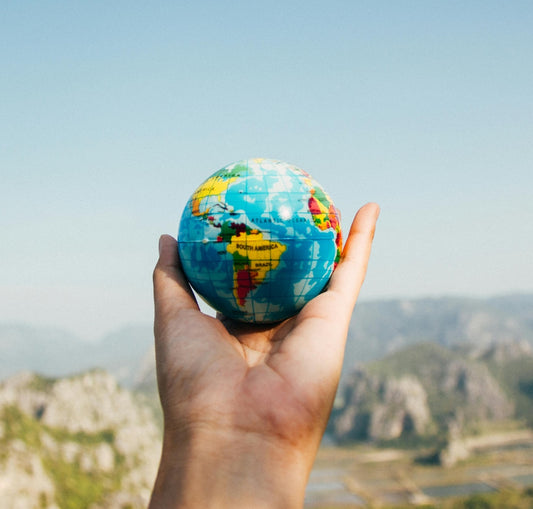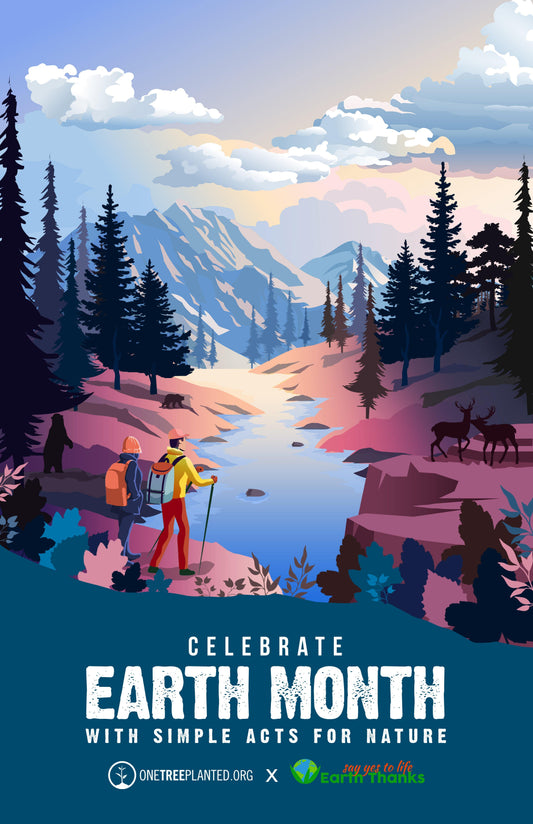News from the Earth

Earth Hour 2024: Shining a Light on Environment...
Earth Hour 2024. Every year, millions of people around the world participate by switching off non-essential lights for one hour as a symbolic gesture of their commitment to the planet....
Earth Hour 2024: Shining a Light on Environment...
Earth Hour 2024. Every year, millions of people around the world participate by switching off non-essential lights for one hour as a symbolic gesture of their commitment to the planet....

Saving Polar Bears: A Solution-Oriented Approach
As stewards of the planet, it is our responsibility to take action against the threats posed by climate change and plastic pollution. By joining the Earth Thanks community, you can...
Saving Polar Bears: A Solution-Oriented Approach
As stewards of the planet, it is our responsibility to take action against the threats posed by climate change and plastic pollution. By joining the Earth Thanks community, you can...

The Paradox of Environmental Advocacy Amidst Wa...
The COP28 climate conference witnessed an unprecedented milestone on Saturday as nearly 120 nations united in a historic pledge to triple the output of renewable energy on the planet by...
The Paradox of Environmental Advocacy Amidst Wa...
The COP28 climate conference witnessed an unprecedented milestone on Saturday as nearly 120 nations united in a historic pledge to triple the output of renewable energy on the planet by...

The Global State of the Environment Ahead of CO...
As we stand on the cusp of COP28, the need to address the global state of the environment has never been more urgent. The interconnected web of environmental challenges we...
The Global State of the Environment Ahead of CO...
As we stand on the cusp of COP28, the need to address the global state of the environment has never been more urgent. The interconnected web of environmental challenges we...

COP27 Initiative to Support Women as Equal Play...
Championing women as equal partners and players in implementing climate action, the COP27 Presidency launched the African Women’s Climate Adaptive Priorities (AWCAP) initiative to ramp up the inclusion of women...
COP27 Initiative to Support Women as Equal Play...
Championing women as equal partners and players in implementing climate action, the COP27 Presidency launched the African Women’s Climate Adaptive Priorities (AWCAP) initiative to ramp up the inclusion of women...

Cop27
The Cop27 - the Conference of Parties, that includes all the Countries in the world, just began in Egypt. The vision of the President of Egypt is: Achieving as much...
Cop27
The Cop27 - the Conference of Parties, that includes all the Countries in the world, just began in Egypt. The vision of the President of Egypt is: Achieving as much...
Plant Trees
-
Tree to be Planted - Plant a Tree with One Tree Planted
Regular price $1.00 USDRegular priceUnit price per -
Earth Month Poster - Support Reforestation with One Tree Planted
Regular price $0.00 USDRegular priceUnit price per


